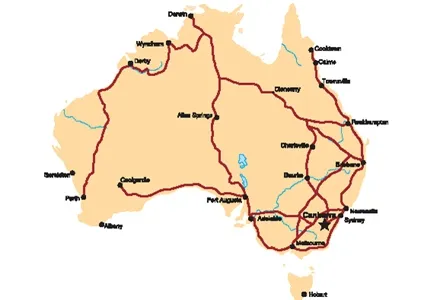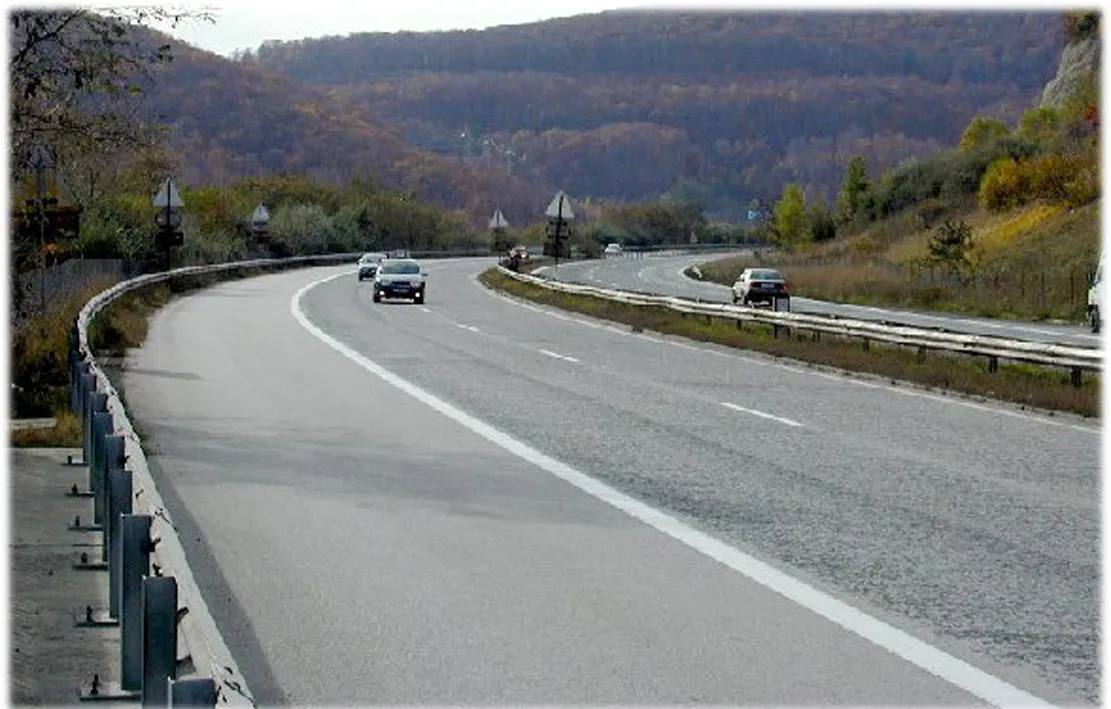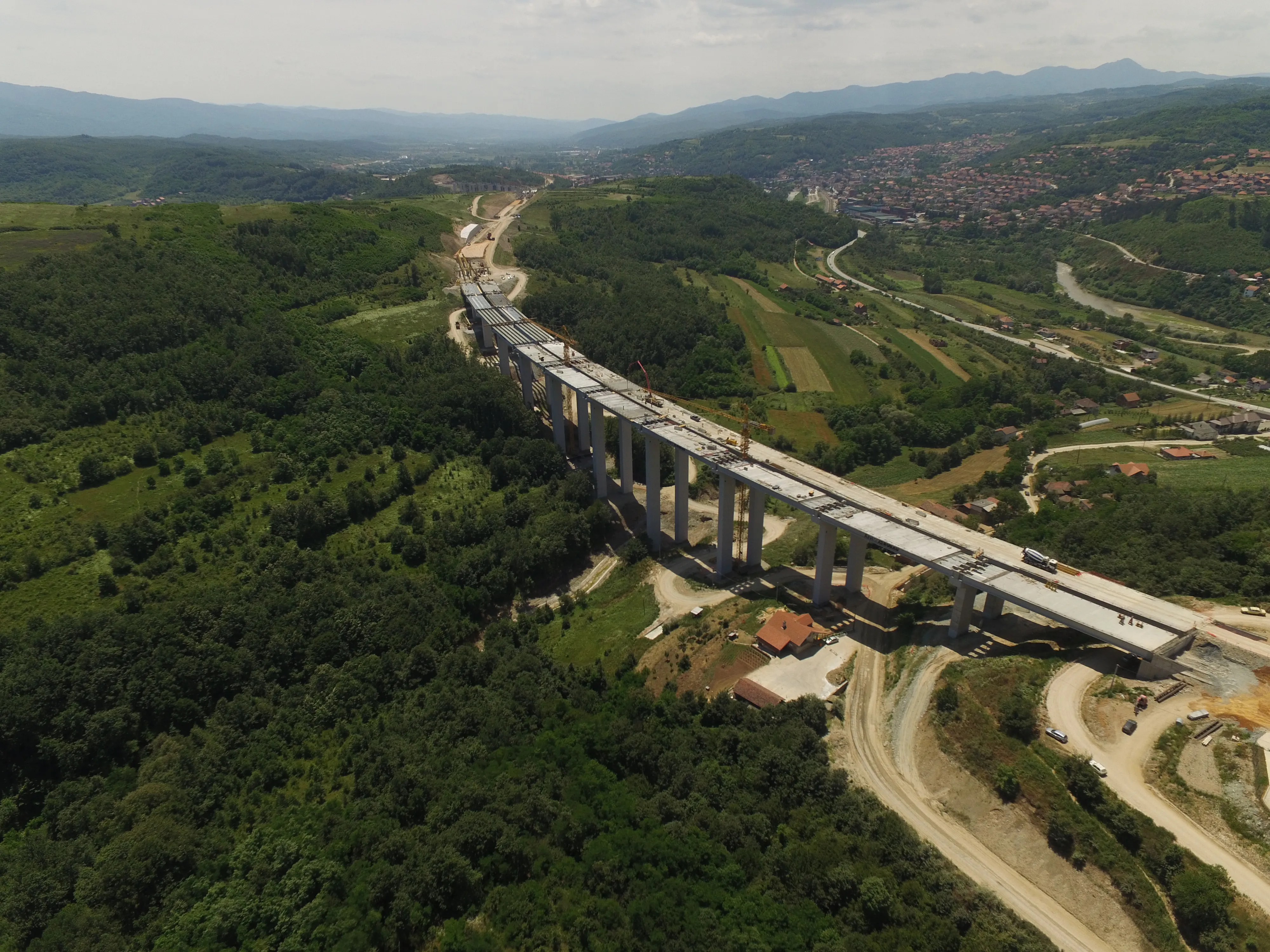A consortium including local firms GP Group, Global Construction and Via Plan will build the 2km Zheleznitsa Tunnel, part of the Struma Motorway.
The contract is worth around €97.5 million and the tunnel will be the longest in Bulgaria.
The EU Cohesion Fund will co-finance the project, along with the Bulgarian government under the Operational Programme Transport and Transport Infrastructure 2014-2020. Completion is set for the end of 2023.
Two previous tender processes to award the construction con
February 15, 2019
Read time: 1 min
A consortium including local firms GP Group, Global Construction and Via Plan will build the 2km Zheleznitsa Tunnel, part of the Struma Motorway.
The contract is worth around €97.5 million and the tunnel will be the longest in Bulgaria.
The EU Cohesion Fund will co-finance the project, along with the Bulgarian government under the Operational Programme Transport and Transport Infrastructure 2014-2020. Completion is set for the end of 2023.
Two previous tender processes to award the construction contract for the tunnel were cancelled, according to local media.
The 173km Struma motorway – of which around 129km have been built - is part of the Pan-European Corridor IV and also is part of Е79 that runs from Miskolc, Hungary to Thessaloniki, Greece. It connects the Bulgarian capital Sofia and Kulata at the Bulgaria-Greece border.








